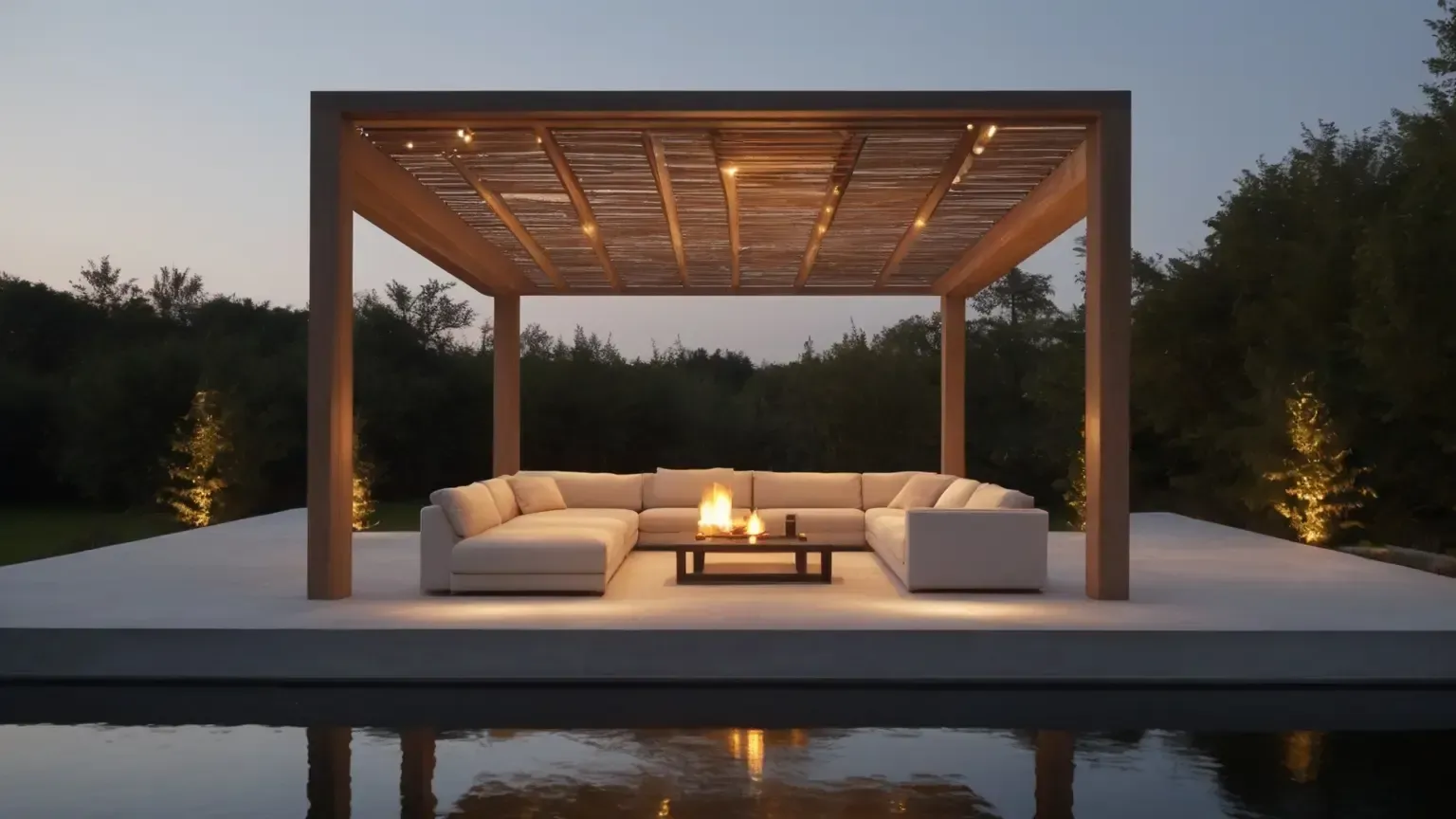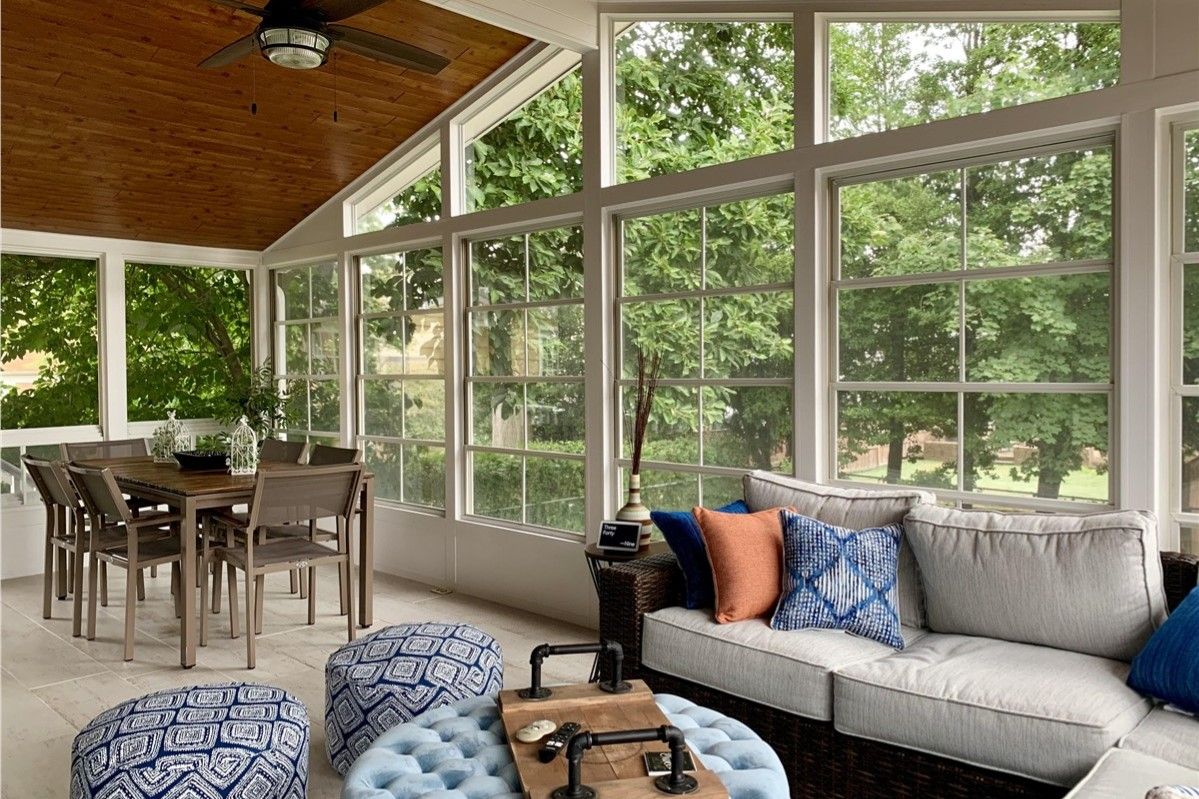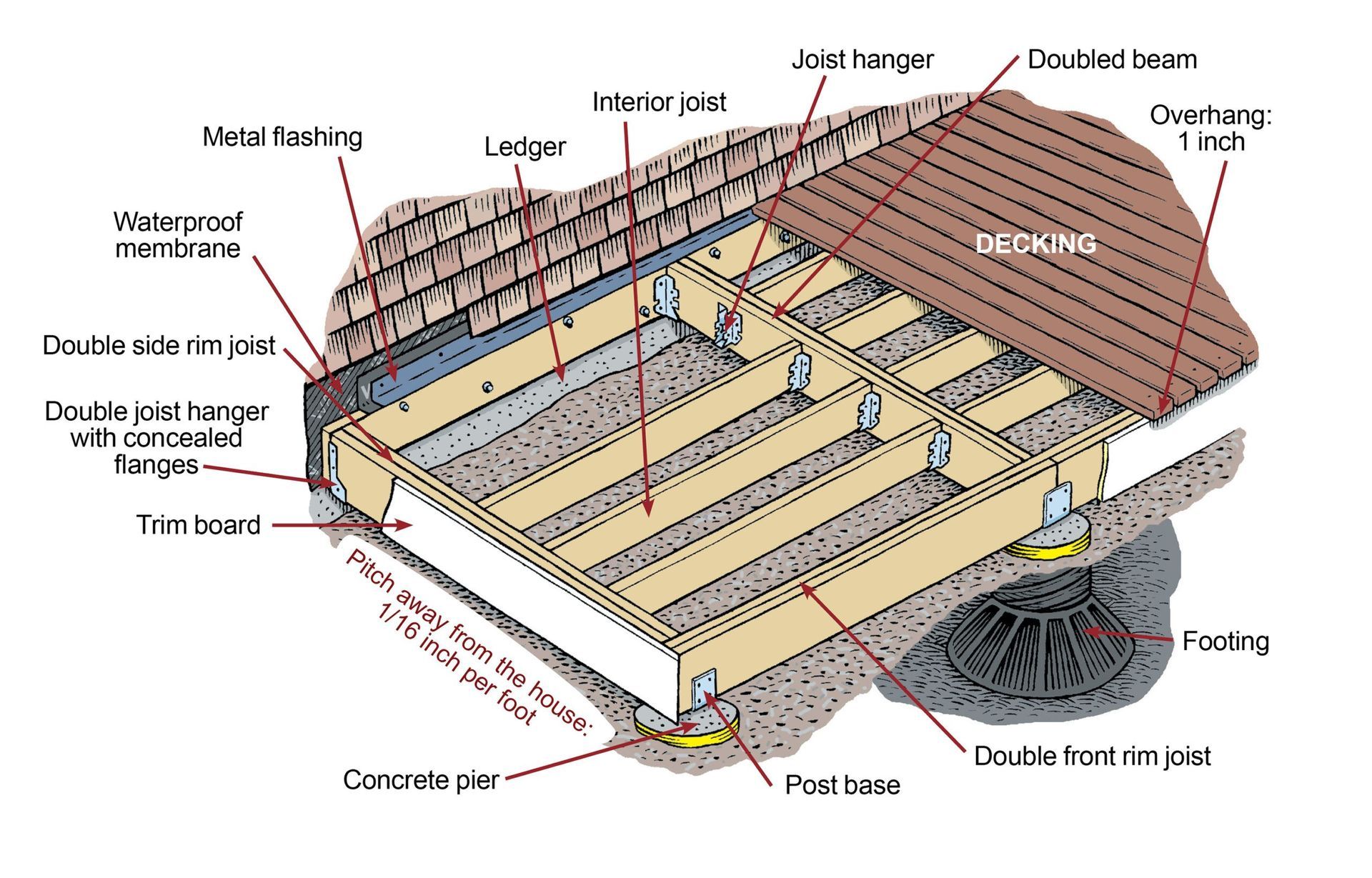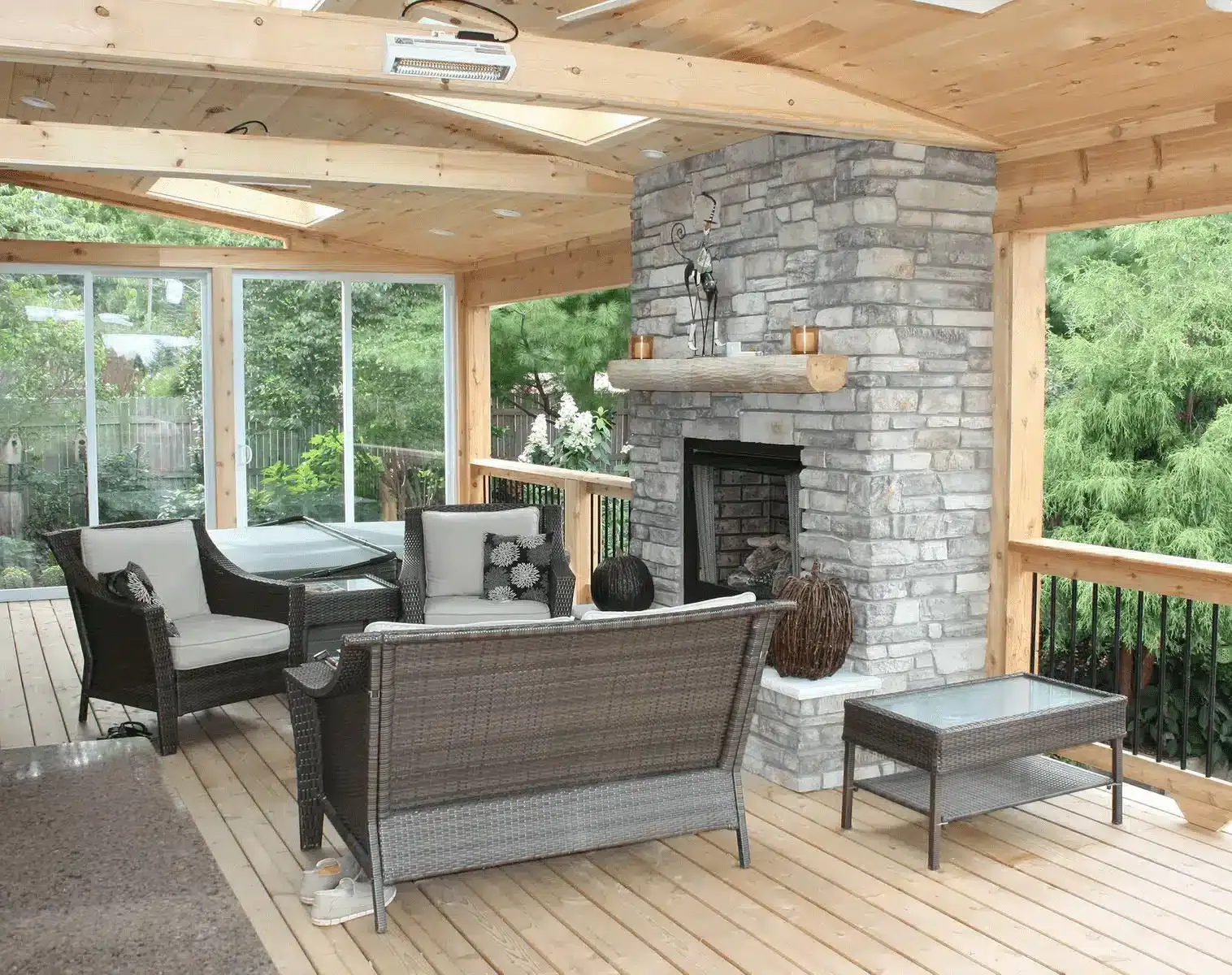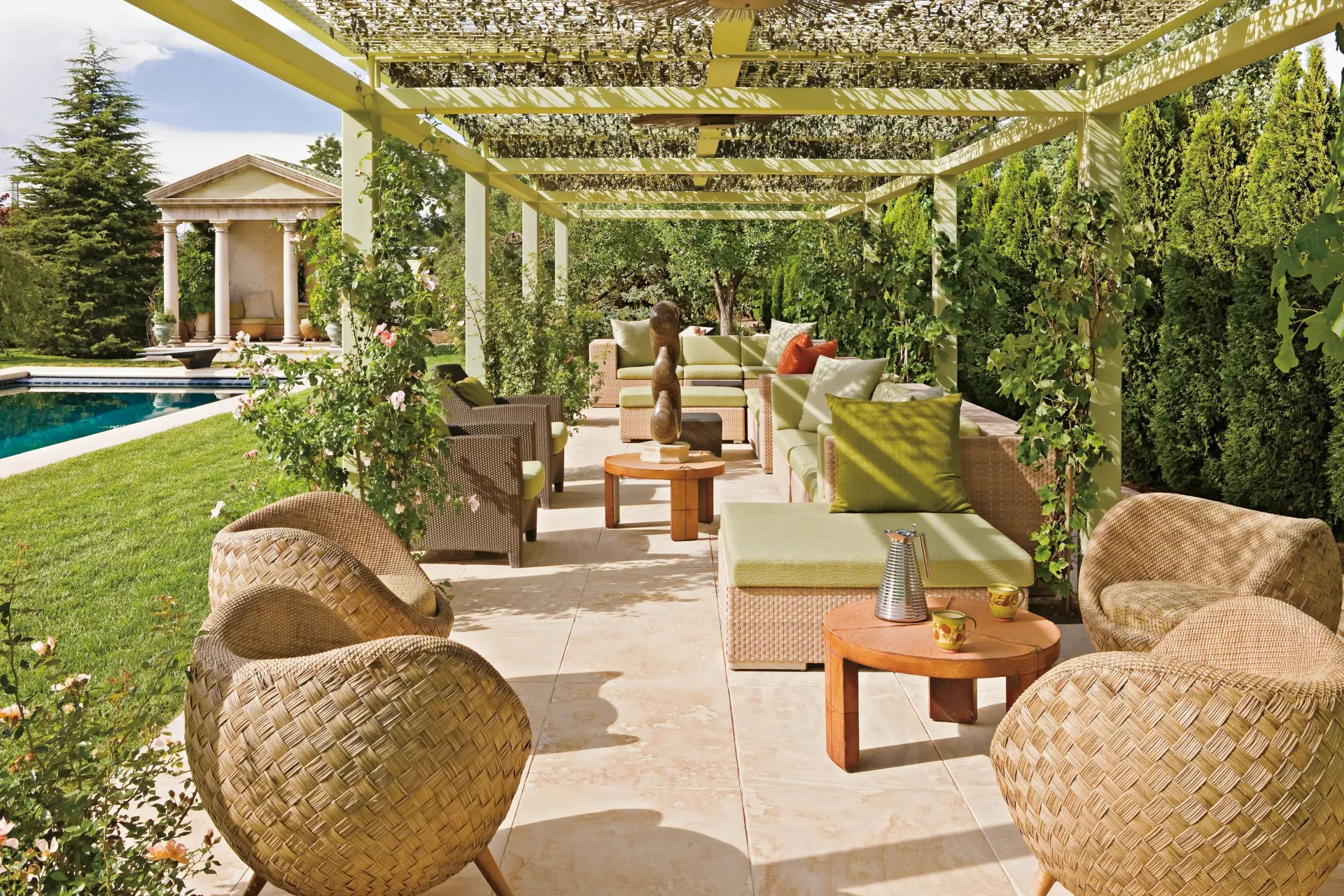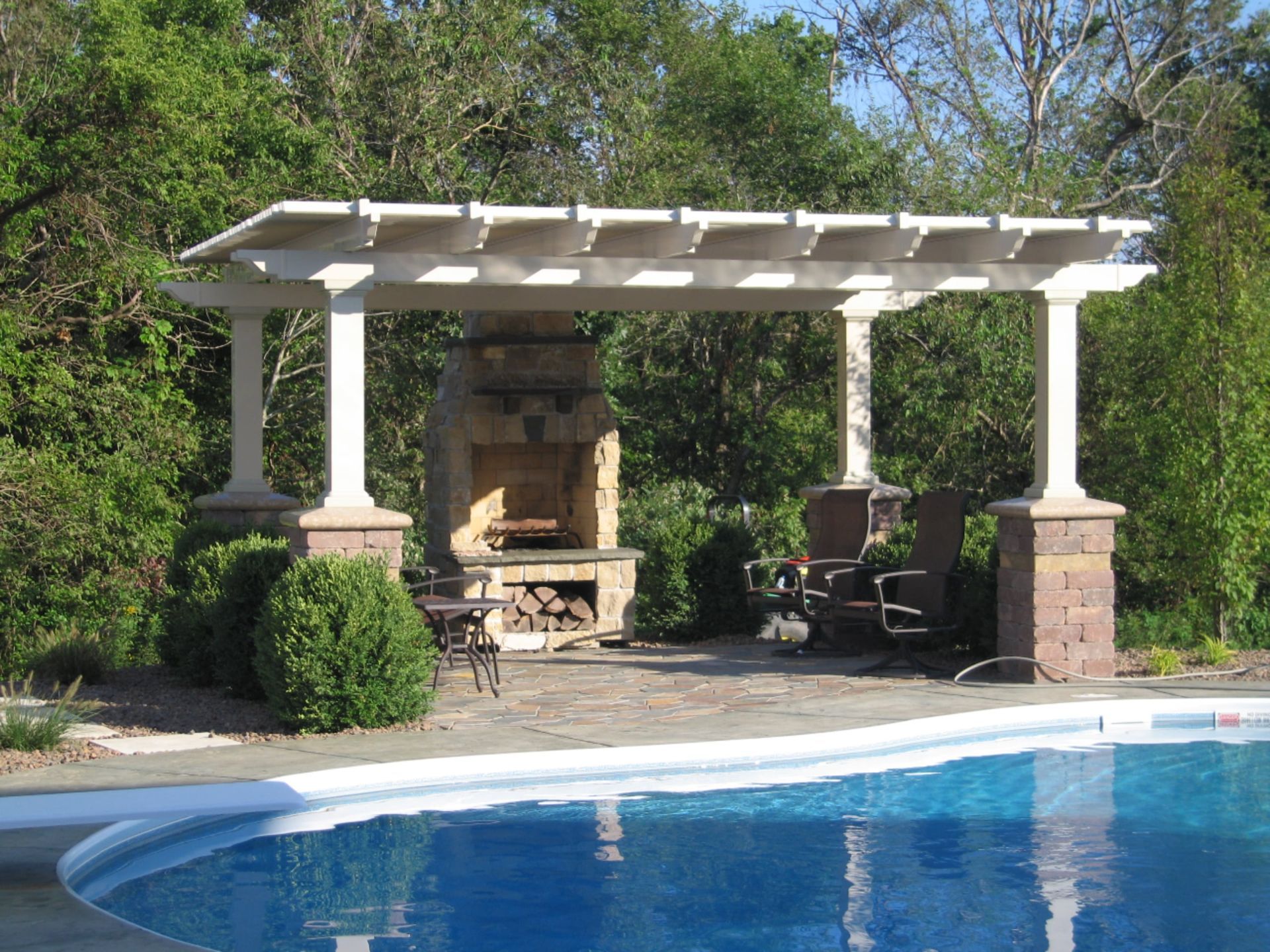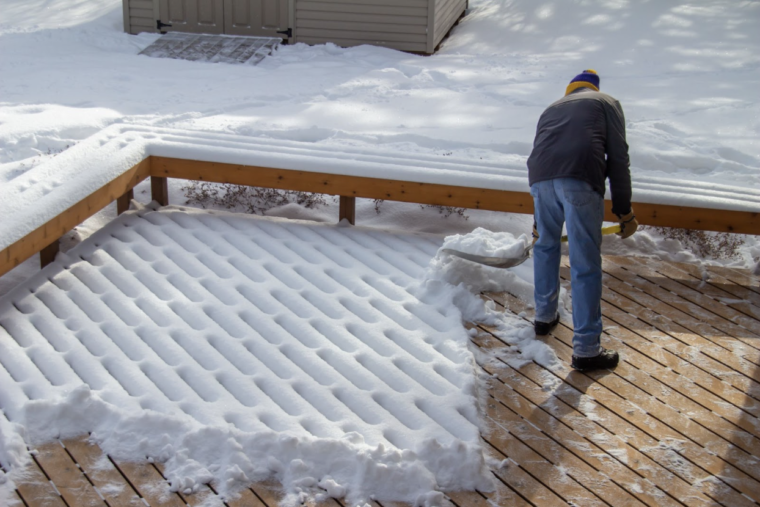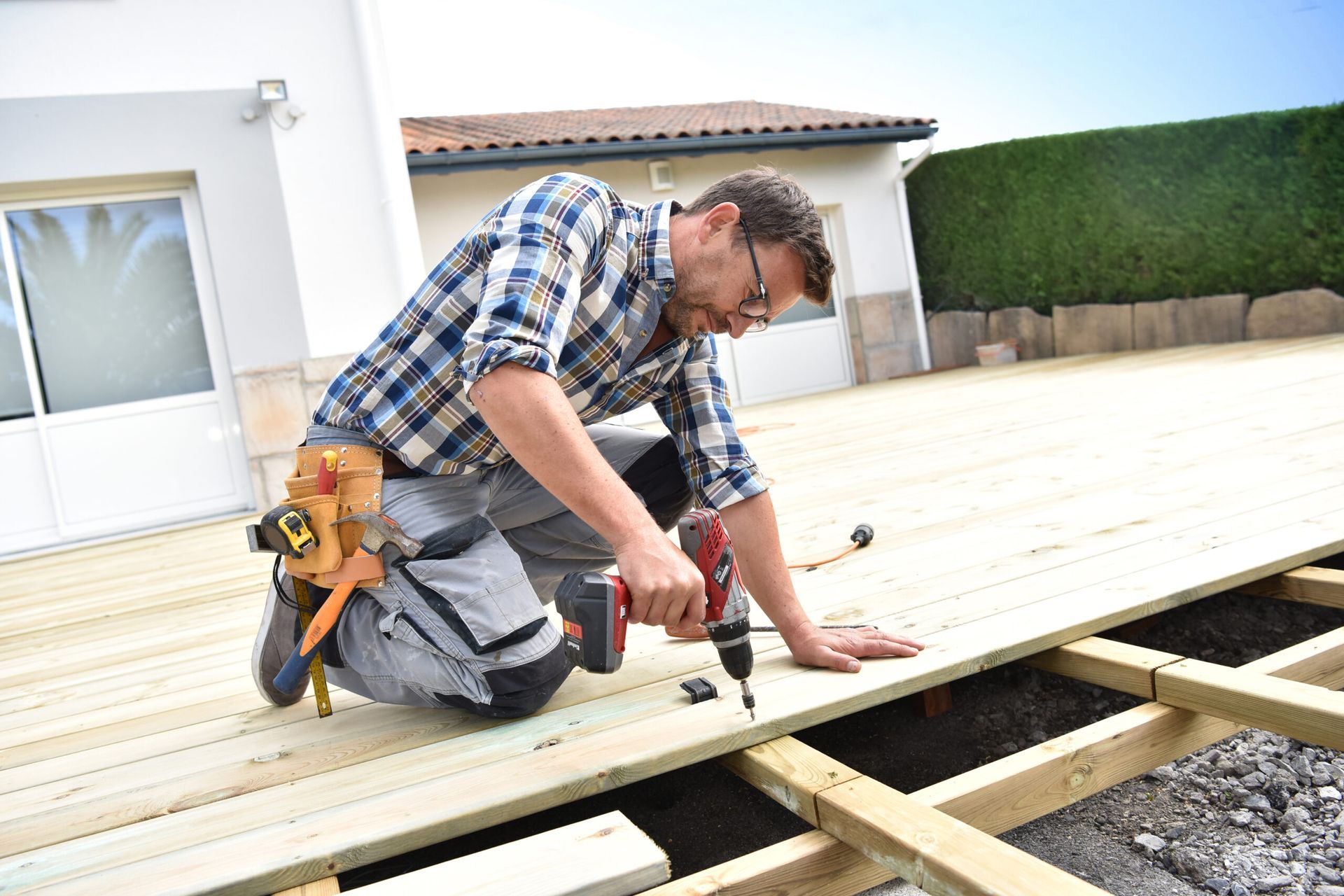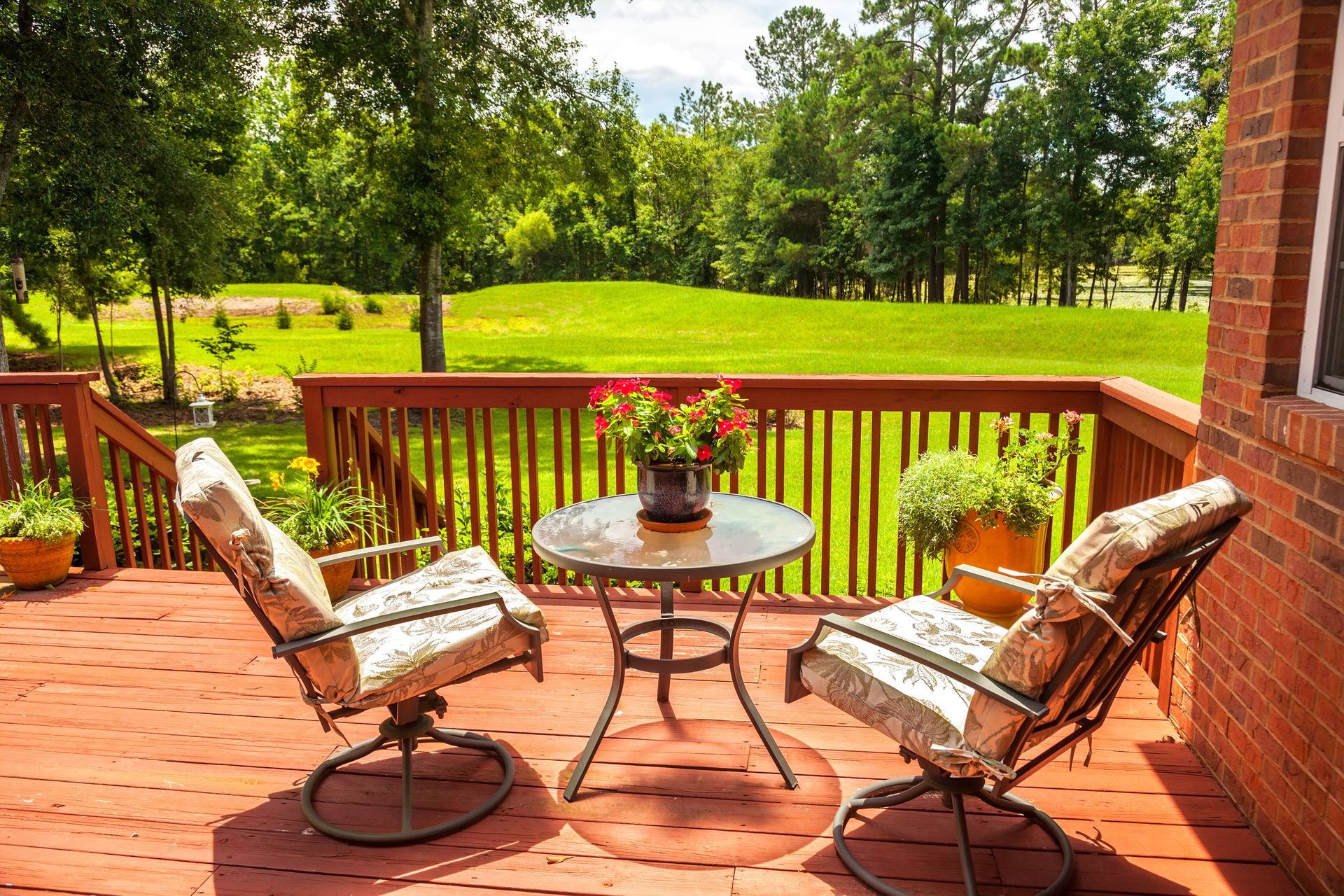How to Choose the Perfect Materials for Gazebo Construction
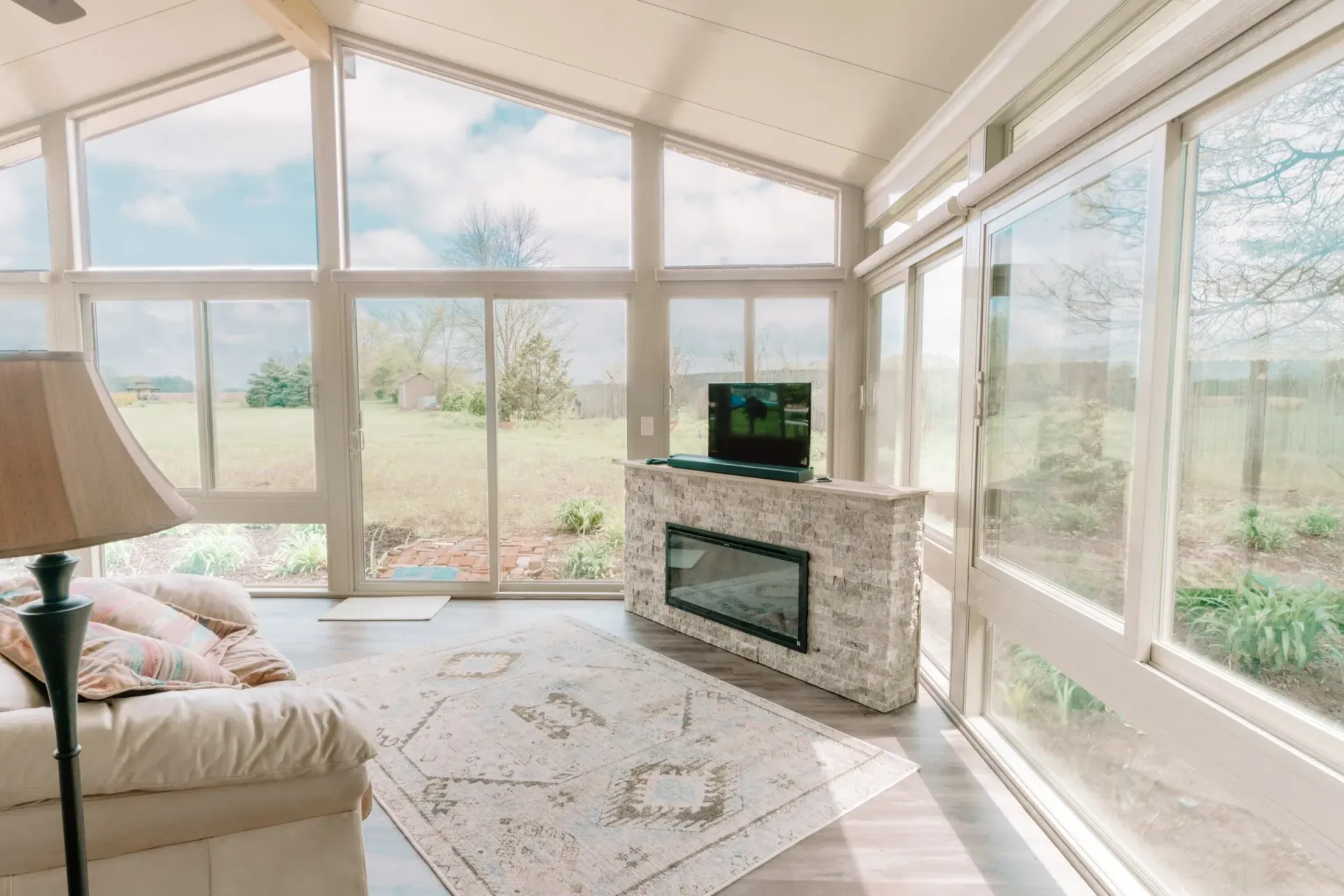
Understanding the Importance of Gazebo Materials
The materials used in your gazebo affect its longevity, maintenance, and overall look. Choosing the right option ensures your structure withstands various weather conditions and enhances your outdoor space for years to come. When selecting gazebo materials, keep the following factors in mind:
- Weather Resistance – Can the material handle extreme heat, rain, or snow?
- Durability – Will it remain sturdy over time without excessive repairs?
- Maintenance – How often does it need sealing, painting, or refinishing?
- Aesthetics – Does it complement your outdoor setting?
- Cost – Is it within your budget without sacrificing quality?
Now, let’s explore some of the best materials for a gazebo and what makes each one a great (or not-so-great) choice.
Wood: A Classic Choice for Timeless Appeal
Wood remains one of the most popular gazebo materials due to its natural beauty and versatility. It blends seamlessly with gardens, patios, and decks, creating a warm and inviting atmosphere.
Pros of Wood for Gazebos
- Aesthetic Appeal – Offers a classic, elegant look that enhances any landscape.
- Customizable – Can be stained or painted in various colors to match your outdoor décor.
- Strong and Sturdy – High-quality wood can last for decades with proper care.
Cons of Wood for Gazebos
- High Maintenance – Requires regular sealing, staining, or painting to prevent rot and insect damage.
- Prone to Warping – Moisture can cause expansion, contraction, or cracking over time.
Best Wood Types for Gazebo Construction
- Cedar – Naturally resistant to insects and decay, making it a great option for durable gazebo construction.
- Redwood – Offers rich color and excellent durability, though it tends to be more expensive.
Pressure-Treated Pine – A cost-effective option with added resistance to moisture and pests.
Metal: Strength and Modern Elegance
For those who want a sleek, contemporary look, metal is one of the best materials for a gazebo. It provides unmatched durability and requires minimal upkeep.
Pros of Metal Gazebos
- Extremely Durable – Withstands harsh weather conditions, including heavy winds and rain.
- Low Maintenance – Does not require staining or painting as often as wood.
- Modern Aesthetic – Ideal for contemporary outdoor spaces.
Cons of Metal Gazebos
- Can Rust – Some metals, like iron, are prone to rust if not properly coated.
- Heat Absorption – Metal surfaces can become extremely hot under direct sunlight.
Best Metal Types for Gazebo Construction
- Aluminum – Lightweight, rust-resistant, and perfect for humid climates.
- Steel – Strong and durable but needs a protective coating to prevent rust.
- Wrought Iron – Adds a decorative touch but is heavier and requires maintenance to prevent corrosion
Vinyl: The Low-Maintenance Alternative
If you want a gazebo that looks good year-round without constant upkeep, vinyl is one of the most practical gazebo materials. It offers durability without the need for staining or sealing.
Pros of Vinyl Gazebos
- Virtually Maintenance-Free – Resists rot, insects, and moisture damage.
- Long-Lasting – Can withstand various weather conditions without deteriorating.
- Clean and Modern Look – Available in different styles to match any outdoor space.
Cons of Vinyl Gazebos
- Limited Color Choices – Mostly available in white or beige, limiting customization.
- Less Natural Appearance – Lacks the authentic warmth of wood.
Best Uses for Vinyl Gazebos
- Perfect for homeowners who want a durable gazebo construction without frequent upkeep.
- Ideal for humid or rainy climates where wood might deteriorate faster.
Polycarbonate Roofing: A Smart Choice for Weather Protection
Aside from choosing the right frame material, the roofing of your gazebo plays a crucial role in its durability. Polycarbonate panels are gaining popularity due to their lightweight structure and resistance to harsh weather conditions.
Pros of Polycarbonate Roofing
- UV Protection – Shields against harmful sun rays while allowing natural light.
- Impact Resistant – Stronger than glass and won’t shatter easily.
- Lightweight – Easy to install and does not add excessive weight to the structure.
Cons of Polycarbonate Roofing
- Can Scratch Easily – Needs proper handling during installation.
- Less Traditional Look – Not ideal for those who prefer a classic aesthetic.
Best Material Combinations for a Durable Gazebo
A well-built gazebo often incorporates multiple materials to maximize strength and aesthetic appeal. Here are some great material pairings:
- Wood + Polycarbonate Roofing – Provides a traditional look with modern durability.
- Metal + Vinyl – A sleek, low-maintenance option for a contemporary design.
- Wood + Shingles – A rustic combination that blends beautifully with nature.
Choosing a combination of best materials for a gazebo can help you achieve both style and functionality.
Maintaining Your Gazebo for Long-Lasting Durability
No matter which gazebo materials you choose, regular maintenance will ensure your structure remains in top shape for years. Here are some key tips:
- Seal Wooden Gazebos – Apply a weather-resistant sealant to prevent moisture damage.
- Check for Rust on Metal Frames – Touch up any chipped paint to avoid corrosion.
- Clean Vinyl Gazebos with Mild Soap – Avoid abrasive cleaners that could damage the surface.
- Inspect Roofing Annually – Ensure there are no cracks or leaks that could cause structural issues.
By following these maintenance steps, your durable
gazebo construction will stand the test of time.
Final Thoughts on Choosing the Best Materials for a Gazebo
Selecting the right gazebo materials is a crucial decision that affects both the lifespan and appearance of your outdoor structure. Whether you prefer the classic charm of wood, the strength of metal, or the low-maintenance appeal of vinyl, each material has its benefits and considerations.
At Lakeside Deck Builders, we specialize in high-quality outdoor structures designed to enhance your backyard space. If you're ready to build a durable gazebo construction tailored to your needs, we’re here to help. Contact us today at 262-221-4321 or send us an email at lakesidecontractingmke@gmail.com to learn more about our services.
A well-built gazebo isn’t just a structure—it’s an investment in your outdoor living experience. Let’s create a stunning, long-lasting space together
Frequently Asked Questions
What are the best materials for a gazebo that can withstand harsh weather conditions?
The best materials for a gazebo built to handle extreme weather include cedar or redwood for wood lovers, aluminum or steel for durability, and vinyl for low-maintenance performance. These materials resist moisture, pests, and UV exposure, ensuring a durable gazebo construction that lasts for years
How do I choose the right gazebo materials for my outdoor space?
Selecting the ideal gazebo materials depends on your climate, budget, and maintenance preferences. If you want a natural look, wood offers beauty but requires upkeep. For modern aesthetics with minimal maintenance, metal or vinyl are excellent choices. Consider your local weather and how much time you’re willing to spend on upkeep when making your decision.
What is the most durable material for gazebo construction?
For durable gazebo construction, metal and vinyl are the top choices. Steel and aluminum provide exceptional strength against wind and rain, while vinyl resists rot and insect damage. If properly maintained, cedar and redwood can also be long-lasting options for those who prefer a classic wooden gazebo.
Are wooden gazebos better than metal gazebos?
Both wooden and metal gazebos have their advantages. Wood gazebos provide a natural, rustic appeal and blend well with outdoor landscapes. However, they require sealing and staining to prevent weather damage. Metal gazebos, such as those made from steel or aluminum, offer durable gazebo construction with minimal maintenance. The best choice depends on your style preference and upkeep commitment.
How do I maintain a gazebo to keep it in great condition?
Proper maintenance ensures your gazebo stays strong and beautiful for years. Wooden gazebos need regular sealing, staining, or painting to prevent rot. Metal gazebos should be checked for rust and repainted if necessary. Vinyl gazebos require simple washing with soap and water. No matter what gazebo materials you choose, routine inspections and minor repairs will help maintain its durability
Explore More Blogs
QUICK LINKS
CONTACT US
Copyright © 2023
Lakeside Deck Builders, All Rights Reserved.
